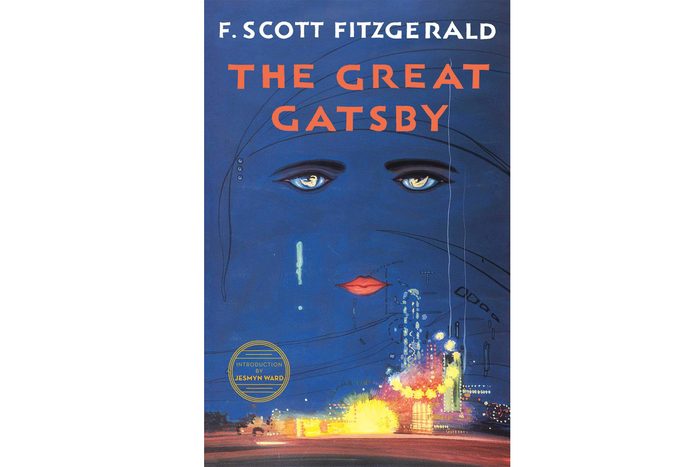
The Great Gatsby
Perhaps the greatest of all great American novels, F. Scott Fitzgerald’s tale of the Roaring Twenties’ tragic decadence and greed is just as relevant today as it was nearly 100 years ago when it was written in 1925. It’s even inspired modern hit novels like Amor Towles’s Rules of Civility and Stephanie Powell Watts’ No One Is Coming to Save Us. Book lovers embrace the novel’s gorgeous prose, including one of the most famous last lines ever written: “And so we beat on, boats against the current, borne back ceaselessly into the past.” Book lovers also need to have these runner-up GANs (great American novels, as author Henry James nicknamed them) on their bookshelf: John Steinbeck’s The Grapes of Wrath, Harper Lee’s To Kill a Mockingbird, and J.D. Salinger’s The Catcher in the Rye.
Also, do you know all the ways reading can boost your health?
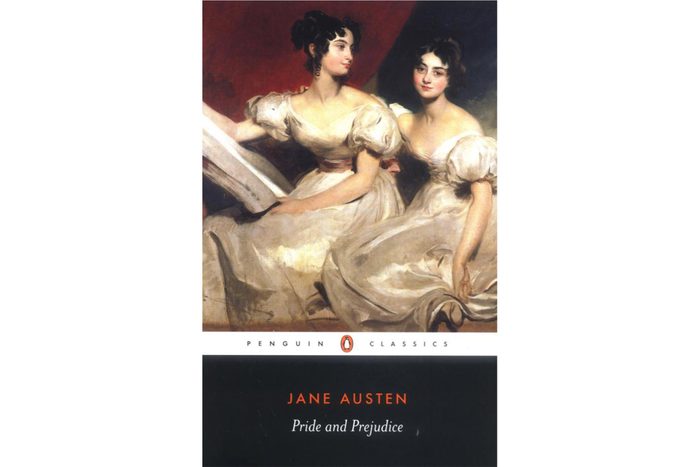
Pride and Prejudice
If Gatsby has one of the most famous closing lines, this classic rom-com contains one of the most famous openings: “It is a truth universally acknowledged, that a single man in possession of a good fortune, must be in want of a wife.” Book lovers should recognize Jane Austen’s love story of Elizabeth Bennett and Mr. Darcy as the foundation of just about every love/hate, will-they-or-won’t-they tale written since she penned the novel in 1813. P&P-inspired stories include Helen Fielding’s hilarious Bridget Jones’s Diary and Curtis Sittenfeld’s Eligible. Plus, Pride and Prejudice features one of the 10 strongest female literary characters of all time. Don’t let the old-fashioned portrait on the cover fool you: Full of ironic wit, sharp humor, and an exploration of manners and relationships, this novel is anything but dated.
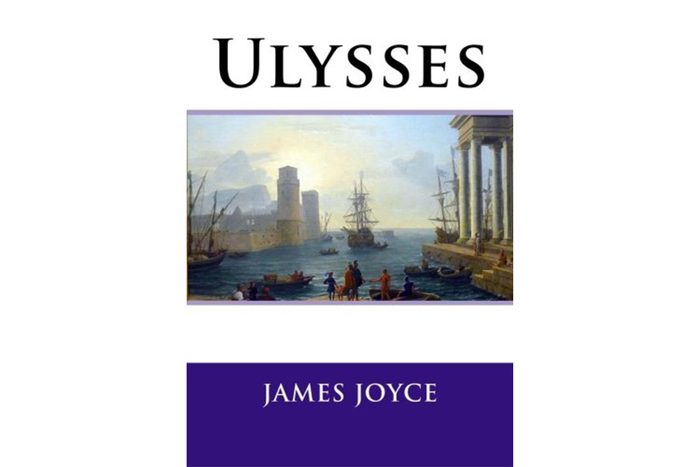
Ulysses
Book lovers can earn tons of street cred just by attempting to read this massive, stream-of-consciousness novel by Irish author James Joyce. Inspired by Greek myth, the 1922 book follows a single day—June 16, 1904, to be exact—in the life of a man named Leonard Bloom with language that’s at once nonsensical and brilliant. It’s a challenge for sure, but one book lovers should relish. For more extra credit, take on additional dense tomes like Herman Melville’s Moby Dick and Leo Tolstoy’s War and Peace.
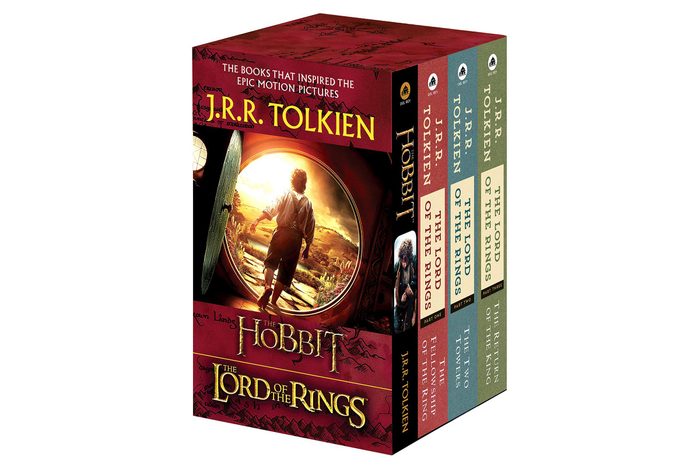
The Lord of the Rings
An allegory for the dangers of industrialization and the destruction of the environment, J.R.R. Tolkien’s 1954-55 series of fantasy novels and its 1937 prequel, The Hobbit, casts an unlikely band of misfit heroes to destroy a ring that gives power to evil beings. Besides being some of the best-selling novels ever, the series was the original genre epic. The world of Middle Earth is so richly drawn, with its own language and geography, that book lovers need to visit. For more fantastic worlds, book lovers can travel to Narnia in C.S. Lewis’s The Chronicles of Narnia and Westeros in George R.R. Martin’s A Song of Ice and Fire, aka. A Game of Thrones.
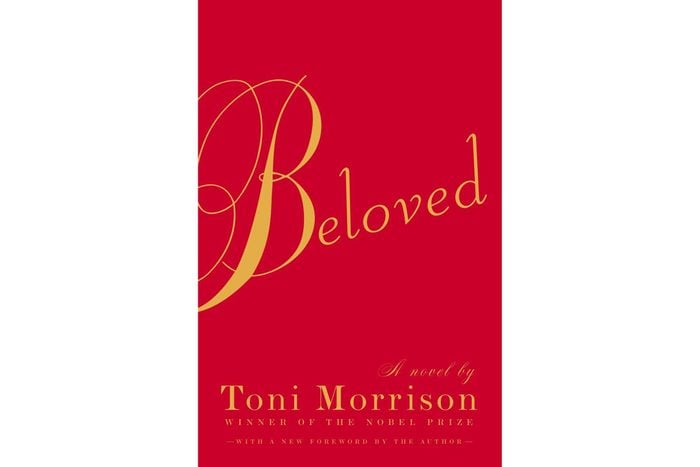
Beloved
Toni Morrison’s hauntingly beautiful story of a former slave and the memories that stay with her explores difficult themes of trauma and racism, blending in horrific events and supernatural metaphors. It’s not easy to take in, but book lovers should be open to new ways of understanding ourselves and our history—especially when rendered with such lyrical prose, which earned the 1987 novel a Pulitzer Prize. For more novels on similar themes, book lovers should also read Alice Walker’s The Color Purple and Alex Haley’s Roots.
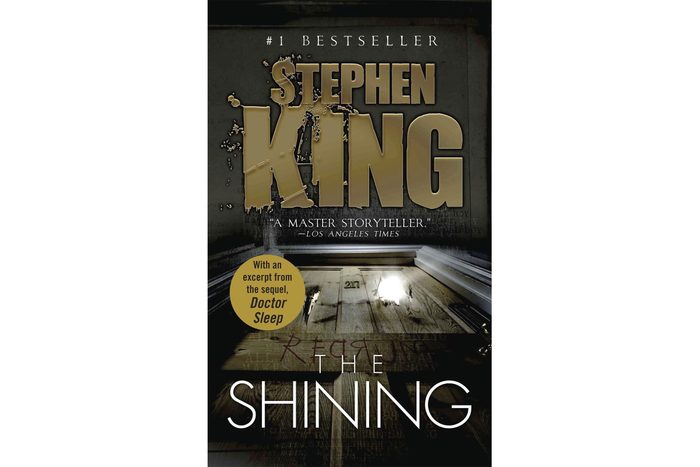
The Shining
Every book lover should at least dip their toes into the horror genre, and what better way to do it than with the top work from the master himself, Stephen King. His 1977 novel’s depiction of a hotel caretaker’s descent into madness during an isolated and snowy winter in the mountains delves into the dark corners of the human psyche—and a book lover should be willing to go there. You might see the movie with Jack Nicholson, but that doesn’t count: A true book lover has read the book first.
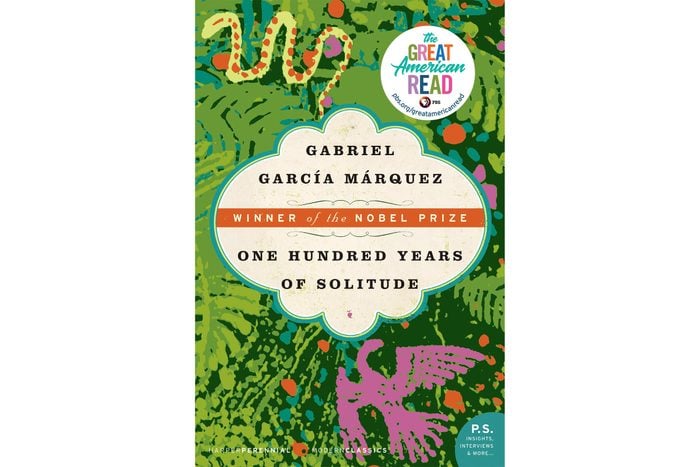
One Hundred Years of Solitude
Book lovers should look to explore other cultures and the works of authors of different nationalities—even if you can’t read their native tongue. Colombian author Gabriel García Márquez’s 1967 novel about seven generations of one family, originally written in Spanish but translated into English, became one of the most significant novels of Latin America. At once melodramatic and literary, it belongs on every book lover’s shelf for its symbolism, breadth, and sense of history. (You can also check it out in an upcoming Netflix Spanish-language series—but read the book first.) For more Márquez, also read Love in the Time of Cholera.
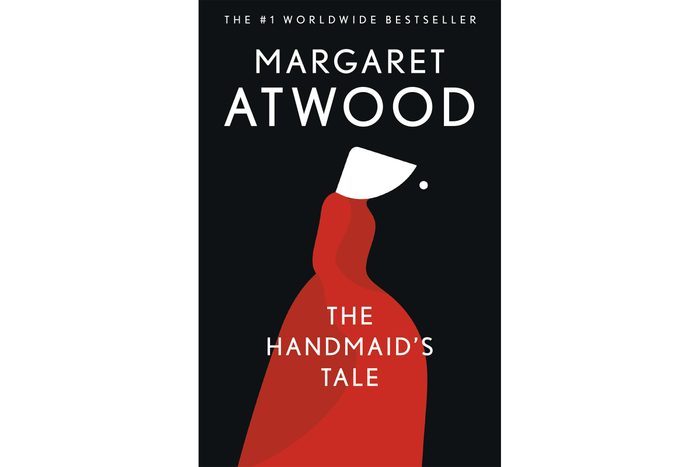
The Handmaid’s Tale
One of the wonderful things about novels is their ability to take us into a whole new world, but sometimes, that world is more terrifying than inviting. Such is the case with the dystopian version of the United States in the near future in Margaret Atwood’s 1985 novel, now enjoying a renaissance thanks to the award-winning television series. Some may say its themes of government control, power among the rich, and forced fertility make the book controversial—but book lovers would say they make it required reading. For more scary dystopian visions, read George Orwell’s 1984, Cormac McCarthy’s The Road, and Aldous Huxley’s Brave New World.
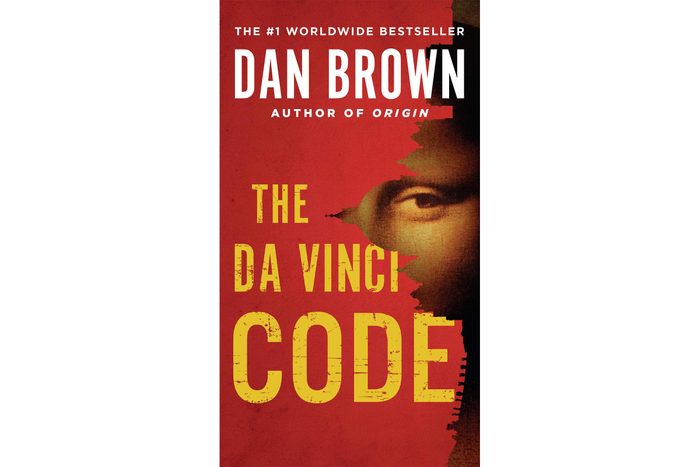
The Da Vinci Code
Say what you will about the shortcomings of Dan Brown’s literary talent: His books are awesome page-turners. His hit 2003 novel spurned a pop-culture craze that even created a new genre: the historical mystery. Readers are drawn into a thrilling ride from one clue to the next as real-life people, places, religions, conspiracy theories, and works of art are used to craft a plausible yet fictional revisionist look at history.
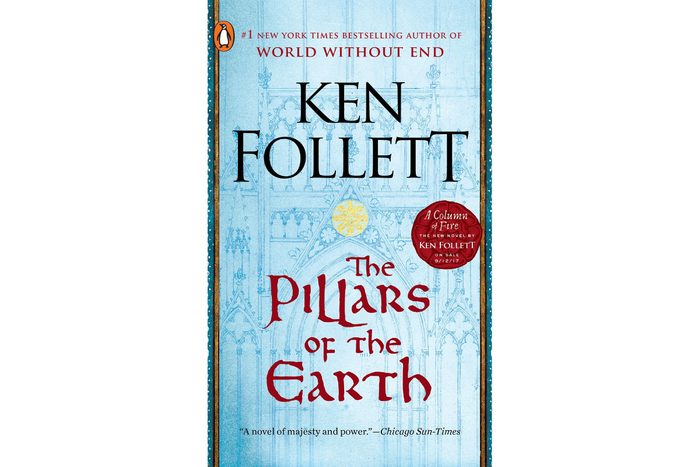
The Pillars of the Earth
In addition to venturing into the future, book lovers love going back in time. One of the most compelling historical fiction works ever and one of America’s 100 favorite novels, Ken Follett’s The Pillars of the Earth follows the building of a medieval cathedral in 12th century England. With richly drawn characters and an epic setting, the 1989 novel is at once sprawling and gripping—not at all what you’d expect from a book about building a church. For more must-read historical fiction, book loves should also venture to 17th-century Netherlands in Tracy Chevalier’s Girl with a Pearl Earring, 18th-century Scotland in Diana Gabaldon’s Outlander series, and Civil War-era United States in Charles Frazier’s Cold Mountain.
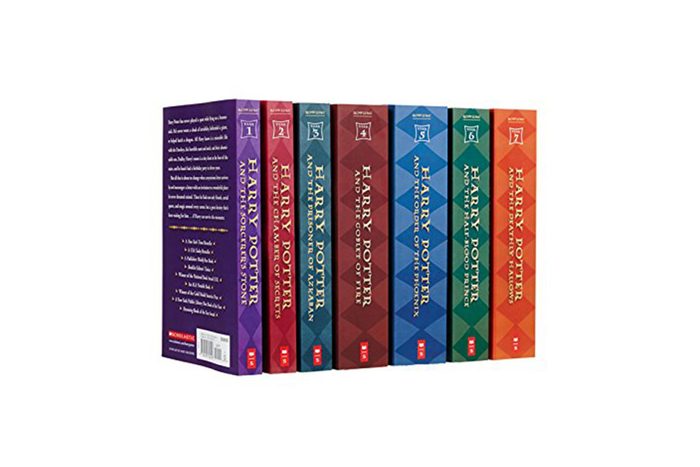
Harry Potter
Book lovers need to have read a series that’s such a huge part of pop culture today—and this is one that’s deserving of all the hype. Nevermind that J.K. Rowling’s books, published between 1997 and 2007, are technically classified as young adult literature, this coming-of-age fantasy tale features unforgettable characters, an enthralling story, and a wizarding world so bewitching (pun intended) every muggle wishes they were a part of it. For a more dystopian young adult universe, check out Suzanne Collins’s YA series The Hunger Games.
Into books by famous authors? Here are a few of our favourite health and wellness books by celebrities.
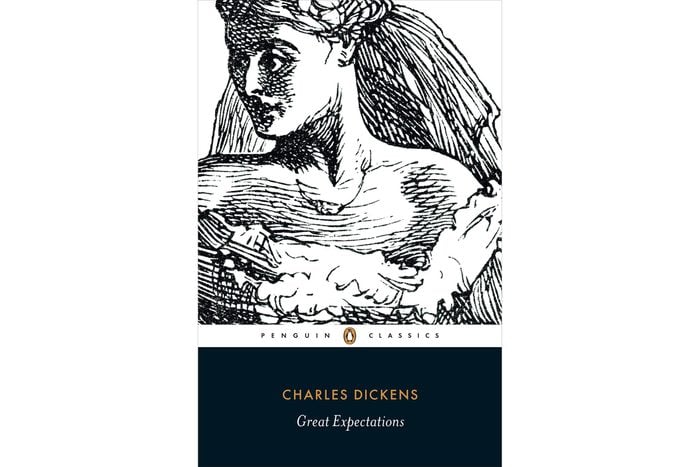
Great Expectations
An orphan learns to make his way in the world—no, we’re not still talking about Harry Potter, who owes a debt to one of the first down-on-his-luck orphans of literature, Great Expectations’ Pip. Whether you pick this tale or one of Charles’ Dickens’s other works, such as A Tale of Two Cities or Oliver Twist, every book lover has to have read the author’s portrayal of class relations, the plight of the poor, and the good people can do. When you inspire an adjective—how many stories today are described as “Dickensian”?—you know you belong on every book lovers’ shelf. For a modern “Dickensian” novel, check out Donna Tartt’s Pulitzer Prize-winning novel The Goldfinch.
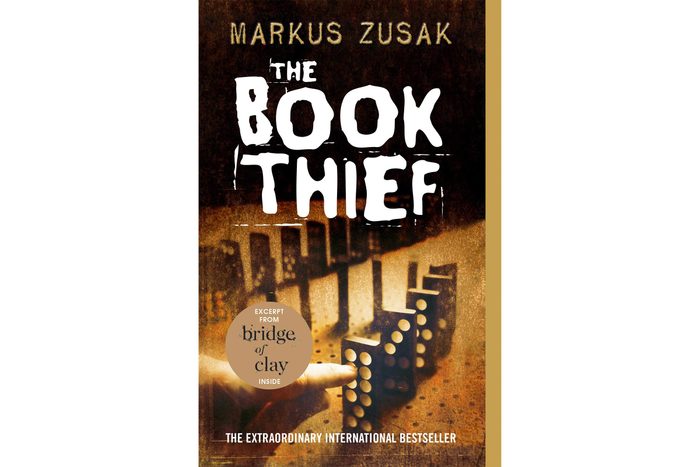
The Book Thief
Although this list has already covered historical fiction, World War II specifically has spurred a genre unto itself. Book lovers should check out Anthony Doerr’s Pulitzer-Prize winner All the Light We Cannot See and Kristin Hannah’s The Nightingale—but if you’re only going to read one, it should be Marcus Zusak’s 2005 novel The Book Thief. Following the title character, a young girl in Nazi Germany whose guardian hides a Jewish man in their home, the novel is narrated by Death itself, yet the story is oddly as life-affirming as it is tragic.
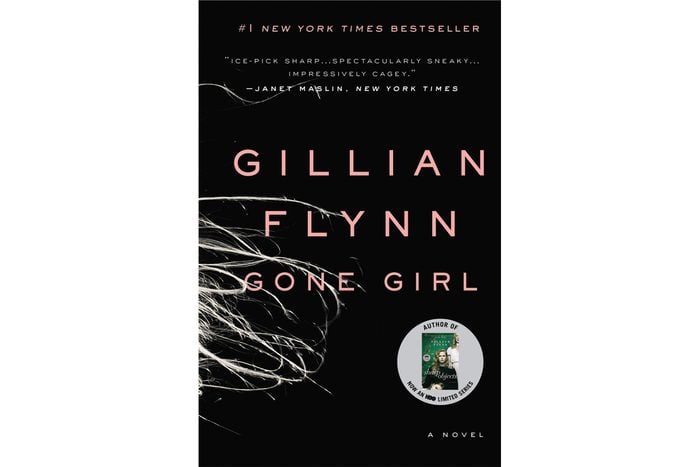
Gone Girl
Book lovers can’t resist a good mystery, and this is the best to come out in recent years—sparking a slew of guessing-game thrillers with a final twist. You can always go back to mystery classics such as Daphne Du Maurier’s Rebecca or anything by Agatha Christie, but book lovers would be missing out if they skipped Gillian Flynn’s 2012 hit, which revitalized the genre. Block off a bit of time for this one: You won’t be able to put it down until you find out what happens.
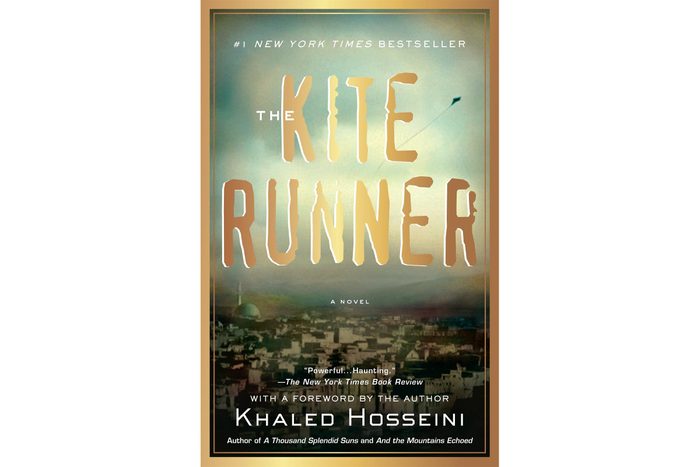
The Kite Runner
Khaled Hosseini’s 2003 novel challenges book lovers to reexamine what they think about one of the 21st century’s most difficult struggles: the conflict in Afghanistan. Told through the story of two Afghani boys, one wealthy and the other the son of a servant, the novel follows what happens after war comes to the country and one boy betrays the other. Ultimately about guilt and redemption, book lovers need to read this powerful tale.
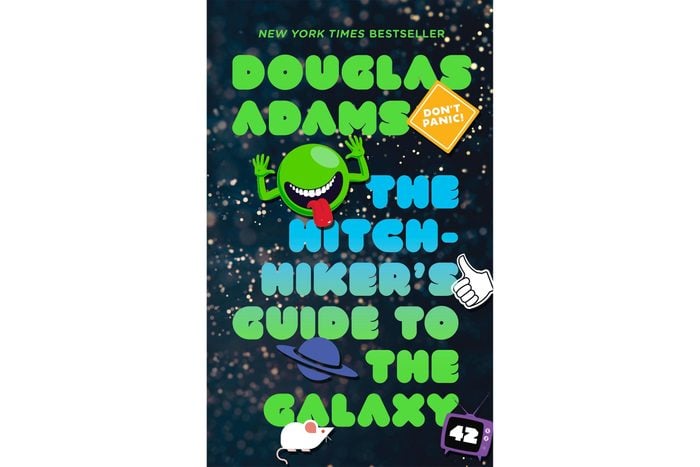
The Hitchhiker’s Guide to the Galaxy
Science fiction isn’t every book lover’s thing, but Douglas Adams’ 1979 comedic novel is so much fun that you have to check it out. A motley crew of humans, a robot, and an alien who’s writing the title guidebook have adventures in space in this send-up of the genre—and interestingly, the story was rewritten in each of the five books of the series. For more science fiction, book lovers can expand their universe with H.G. Wells’s classic The Time Machine, Frank Herbert’s Dune, and Andy Weir’s The Martian.
Next, check our the 2019 page-turners to put on your reading list now.
